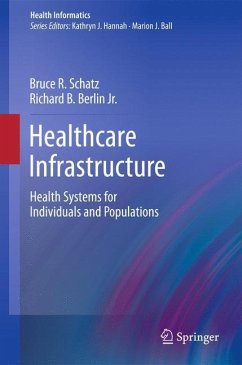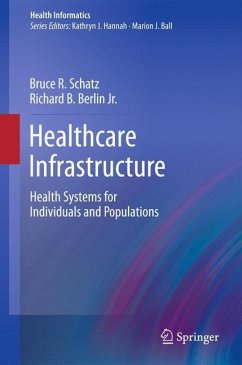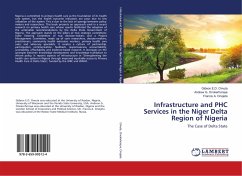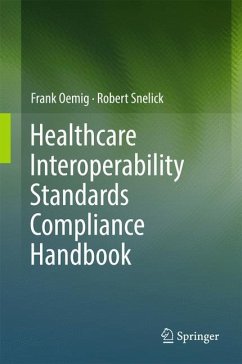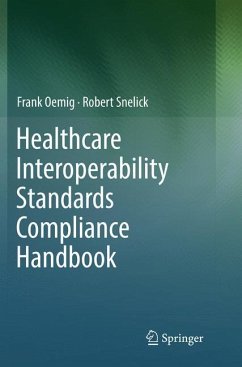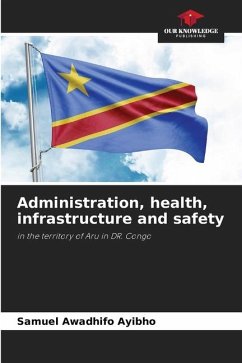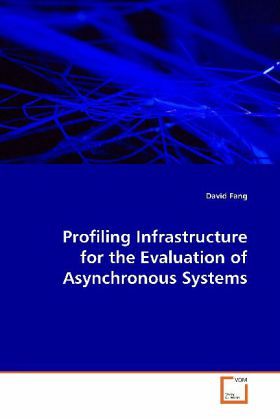
Profiling Infrastructure for the Evaluation of Asynchronous Systems
A Ph.D. Dissertation
Versandkostenfrei!
Versandfertig in 6-10 Tagen
45,99 €
inkl. MwSt.

PAYBACK Punkte
23 °P sammeln!
Designing and optimizing large-scale, asynchronouscircuitsis an iterative process that involves synthesis,simulating, benchmarking, and program rewriting.Throughout the design process,one faces innumerable decisions for programtransformation.Intelligent optimization and design-space pruningrequire detailed knowledge of the run-time behaviorof the program.Trace profiling captures typical run-time behaviorand input-dependent behaviorthat cannot be inferred from static analysis alone.This text presents a framework for tracing andanalyzing thesimulated execution of high-level, concurrent programs,...
Designing and optimizing large-scale, asynchronous
circuits
is an iterative process that involves synthesis,
simulating, benchmarking, and program rewriting.
Throughout the design process,
one faces innumerable decisions for program
transformation.
Intelligent optimization and design-space pruning
require detailed knowledge of the run-time behavior
of the
program.
Trace profiling captures typical run-time behavior
and input-
dependent behavior
that cannot be inferred from static analysis alone.
This text presents a framework for tracing and
analyzing the
simulated execution of high-level, concurrent programs,
as a foundation for iterative
optimization and synthesis of asynchronous circuits.
The framework includes an interactive environment and
a library of primitive procedures for handling and
querying trace
data.
The extensibility of this framework enables
compilation-free development of custom analysisroutines.
The purpose of this analysis framework is to enable
future tools to use profile-driven feedback in automating
iterative optimization and design-space exploration.
circuits
is an iterative process that involves synthesis,
simulating, benchmarking, and program rewriting.
Throughout the design process,
one faces innumerable decisions for program
transformation.
Intelligent optimization and design-space pruning
require detailed knowledge of the run-time behavior
of the
program.
Trace profiling captures typical run-time behavior
and input-
dependent behavior
that cannot be inferred from static analysis alone.
This text presents a framework for tracing and
analyzing the
simulated execution of high-level, concurrent programs,
as a foundation for iterative
optimization and synthesis of asynchronous circuits.
The framework includes an interactive environment and
a library of primitive procedures for handling and
querying trace
data.
The extensibility of this framework enables
compilation-free development of custom analysisroutines.
The purpose of this analysis framework is to enable
future tools to use profile-driven feedback in automating
iterative optimization and design-space exploration.




